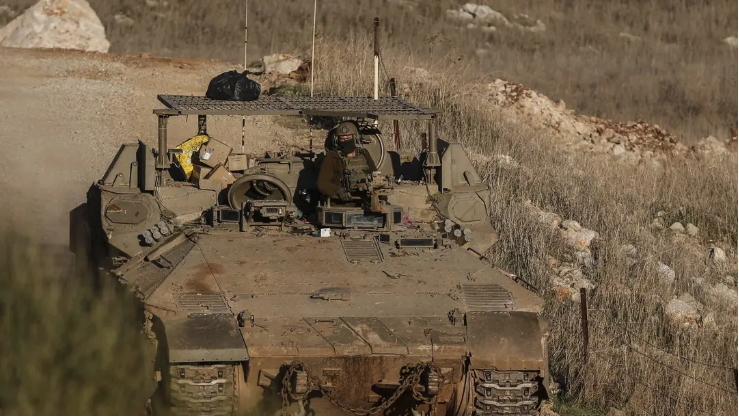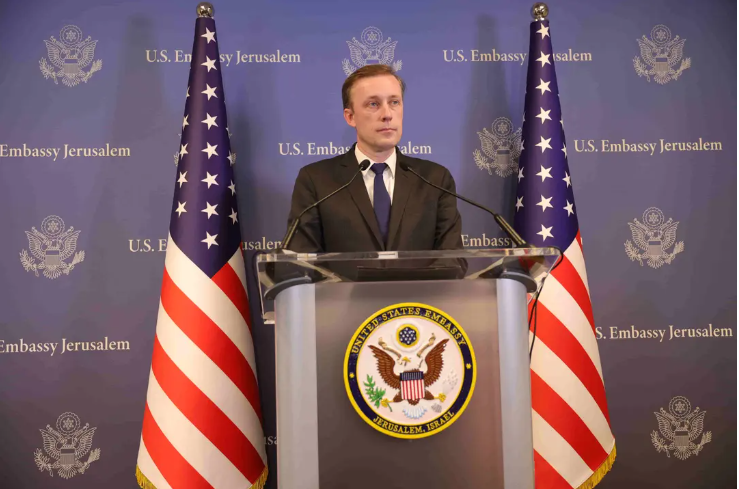Report: Individuals in US and Israel Made Donations to Groups Blocking Aid to Gaza
The Associated Press and the Israeli investigative site Shomrim found that three groups that have blocked aid from entering Gaza have raised more than $200K in tax-deductible donations from individuals in the US and Israel. Both countries have said they are committed to getting food, water, and m...
0:00
/1861
Facts
- The Associated Press and the Israeli investigative site Shomrim found that three groups that have blocked aid from entering Gaza have raised more than $200K in tax-deductible donations from individuals in the US and Israel. Both countries have said they are committed to getting food, water, and medicine into Gaza.1
- Last month, the US placed sanctions on Tzav 9, which it accused of being an 'extremist' group that had blocked aid convoys destined for Gaza — citing an incident in May when members of the group looted and then set fire to two trucks in the West Bank loaded with aid.2
- These organizations have not been the primary obstacle to aid delivery in Gaza — which has been severely hampered by distribution issues inside the strip — but they have received support from Israeli politicians such as National Security Minister Itamar Ben-Gvir.1
- Aid has piled up on the Gazan side of the Kerem Shalom Crossing, which has become the primary entrance point for aid since Israel moved into Rafah. Aid groups say distribution has been restricted due to Israeli military operations and insecurity. In contrast, Israel has said the UN has not increased its capabilities.3
- Additionally, Reuters reported on Tuesday that Gaza's waste crisis is worsening, as trash and litter pile up across the strip. The destruction caused by the war and lack of fuel has only added to the crisis, which has contaminated water sources and is leading to the spread of diseases.4
- Meanwhile, as cease-fire negotiations continue in Qatar, CNN reported that the CIA believes that Yahya Sinwar, Hamas' political leader inside Gaza, is coming under growing pressure from Hamas military commanders to accept a deal.5
Sources: 1Associated Press, 2State, 3NPR Online News, 4Reuters and 5CNN.
Narratives
- Pro-establishment narrative, as provided by US Department of State. The US is committed to countering extremist Israeli groups that actively work against American and Israeli values. The US has consistently called for more aid to enter Gaza and has placed sanctions on fringe groups that attempted to thwart that humanitarian objective.
- Pro-Israel narrative, as provided by Jerusalem Post. The focus on fringe extremist groups in Israel by the media and Biden administration demonstrates a clear detachment from reality. The primary groups exacerbating the humanitarian crisis in Gaza are Hamas and Hezbollah — as the infrequent acts of groups in Israel have not had a significant impact on aid delivery.
- Pro-Palestine narrative, as provided by Middle East Eye. It should be clear after over nine months of grinding brutality that Israel's true goal is to destroy Gaza and starve its people. Though the US and Israel say they want to ease the humanitarian disaster in Gaza, little meaningful action has been taken to improve the situation. The US must force Israel to finally stop this horrific war.







